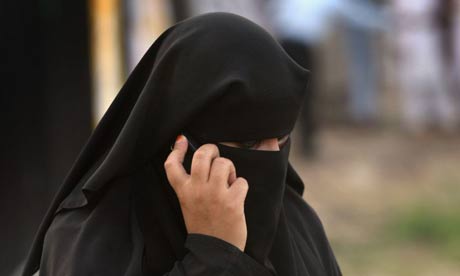By David Sophrin
Impunity Watch Reporter, Europe
KIEV, Ukraine – An international women’s rights organization filed a discrimination lawsuit last week against the Ukrainian Prime Minister in response to recent statements he made regarding the role of women in government.
During a economic speech on 19 March, Prime Minister Mykola Azarov speech focused on a theme that women may not be able to properly handle the current economic issues that Ukraine is facing. Azarov declared that “some say our government is too large; others that there are no women.” He then went on to state that “with respect to women, conducting reforms is not women’s business.”
Yekaterina Levchenko of La Strada-Ukraine International Human Rights Protection Center, one of the women’s rights group that filed a suit, stated that Azarov’s statements were evidence of “direct discrimination against Ukrainian women.” Another suit against the Prime Minister was brought by Olena Suslova, a leader of the Information and Advisory Women’s Center, in response to his statements.
The lawsuits state that the Prime Minister’s comments violated Ukraine’s constitutional mandate for equality among men and women.
After drawing increasing criticism from both national and international rights groups, Azarov spoke publicly in an attempt to clarify his earlier comments. He stated that the remarks in his speech were only meant to establish his belief that he did not wish for any woman to work more than 15 hours a day, as his cabinet ministers often do.
Azarov’s statements come in the midst of increased political pressure in favor of greater roles for women in Ukraine’s national government. Protests, organized by national women’s rights leaders, were held in front of the federal Cabinet buildings in Kiev earlier this month calling for greater diversity on the all-male national Cabinet.
For more information, please see:
AP – Ukraine Premier Accused on Discrimination – 1 April 2010
ITAR-TASS: Female activists sue Azarov for violation of women’s rights – 31 March 2010
THE GUARDIAN – Ukrainian women berate ‘Neanderthal’ PM for sexist remarks – 24 March 2010
